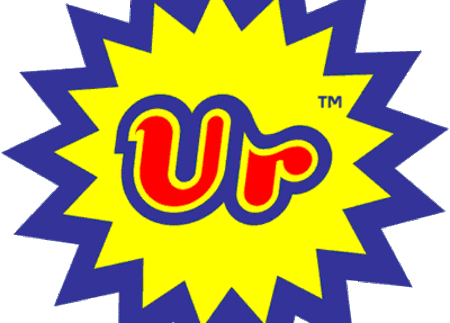The context of this issue is the history of civilisation. No, the context is the developments in the field of the new media. All right then, both. And since this issue is about context, a major part of philosophy is also context. The entire field of the humanities and the social sciences, actually.
Context is actually a unique word. It behaves in opposition to all other words. Take the word 'chair' for example. The longer you concentrate on this word, the less it means. Repeat the word chair often enough and all you're left with is an abstract sound which only tenuously maintains its connection to the piece of furniture it refers to.
But not context. The more you consider the word, the more it means. And if you spend five minutes thinking about context, it basically means everything. And with that, it means nothing in a completely different way than chair can mean nothing.
In its simplest meaning, the context is the connection to what is being expressed, i.e. the things that are said or written in the immediate environment of a statement. This is actually the only precisely definable meaning of the word. You simply limit it to whatever the speaker or writer is asserting at a given moment. You will, however, agree with me that in the case of a dialogue, the statements made by one's conversational partner also need to be considered in context. And actually we can't get around the fact that, assuming the conversation is about a subject which exists beyond the conversation, the context can never be exclusively that which is expressed in the conversation. Otherwise the conversation would be completely abstract.
So actually context is what liberates things from their abstractness. It's what somehow enables us to imbue things with meaning.
Via the Internet, the academic question of what is context has taken on a completely new practical currency. Everything is connected to everything else in the emerging networked culture. This means that the still rather manageable definition of context as everything that is asserted in the immediate proximity of a statement becomes completely useless. After all, via the net, everything is connected to everything else. And for the time being, machines aren't very good at meaning.
Thus context hereby takes on a new practical meaning. As readers, we have to learn to actively indicate which context we're interested in.
On Friday, September 4, Hotbot turned up 796,297 hits for the word 'context,' and AltaVista came up with 1,693,920! AltaVista has a 'refine search' function that helps the user choose a context. For the word 'context,' you get the following list:
57% Context, user, process, processes, sensitive, window, screen. 17% Students, student, courses, Elective, electives. 13% Learning, teaching, teachers, curriculum, classroom, teacher, learners, learner, classrooms. 12% Course, instructor, Prerequisite, Prerequisites. 10% Language, linguistic, programming, languages, grammar, Linguistics, grammars, bilingual, formalisms. 9% Project, assessment, evaluation, outcomes, evaluations. 9% Development, economic, sustainable, Economics, sustainability, NGOs. 9% Research, module, modules, Honours, Postgraduate. 9% Court, trial, evidence, defendant, judgement, plaintiff, jury, defendants, plaintiffs. 9% Policy, political, Comparative, politics, ideology, democracy, ideologies. 9% Object, objects, oriented. 8% Skills, knowledge, interpersonal. 8% Social, reform, Anthropology, Sociology, welfare, Sociological, archaeological, Archaeology. 8% Management, strategies, organisational, strategic, strategy, business, accounting, marketing, managerial. 8% Education, School, educational, institutions, institutional, schools, educators, universities, higher. 8% Cultural, communication, culture, cultures, Intercultural. 8% Framework, objectives, goals, frameworks. 8% Concepts, principles, methodology, methodologies, introduces. 7% Study, Studies, disciplines, interdisciplinary, discipline, disciplinary. 7% Program, academic, institution.
For a machine, that's hardly a bad start.
The fact that the Internet connects us to everything offers us new possibilities as authors to actively deal with our context. Links are the most obvious example of this. A simple statement's meaning is significantly deepened by the author via the introduction of links.
The future belongs to environments where we as readers will be well-supported in choosing our context and, above all, in seeing the context of what we are reading. For writing the context, we will also get environments in which we can involve context in our message in a broad way. The metawriter expresses himself exclusively by combining and confronting existing contexts with one another.
The ultimate joke, then, is a humorous combination of contexts.
translation Douglas Heingartner











